Shang Chi Legend Of The Ten Rings - Tumblr Posts
Representation and Shang Chi; Legend of the Ten Rings
Shang Chi's representation is ... not good. But is it our fault?
Kind of?
Shang Chi himself does not have the conventionally attractive appearance of Heroes of Chinese Kung Fu Movies like Donnie Yen, Wu Jing, or Jackie Chan.
Shang Chi is portrayed as an ambitionless bum who works a dead-end job as a Valet and spends his time drinking and singing bad karaoke.
The 'Asian Culture' through the film is a mish-mash of Asian stereotypes like Grandmas asking their Granddaughters why they ain't married, problems pronouncing names in their own mother tongue, or sticking hook swords on Chinese bad guys because Hook Swords are the only Chinese weapon they know.
Not to mention the thatched-roof huts and ancient Chinese castles that Hollywood thinks Asians still live in.
Shang Chi's representation is kinda shit considering it was supposed to be an Asian Movie for Asians by Asians. But is it the fault of the studio, directors, and Hollywood?
Or is it our fault, because we consume media that caricatures Asians and Asian culture as a whole?
Especially when we, as Asians, cheer at people doing bad accents and make fun of their own culture, and thus encourage the negative stereotypes of Asians in popular culture.
Compare this:

To this:

Perhaps one can say Shang Chi is a good representation of Asian culture after all. Without self-respect, any representation is a good representation.
Marvel + Childhood Trauma
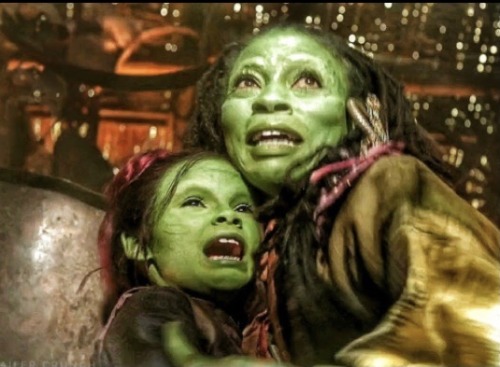
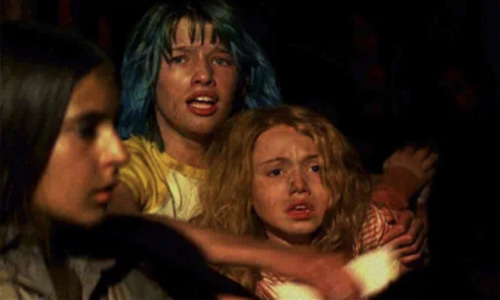
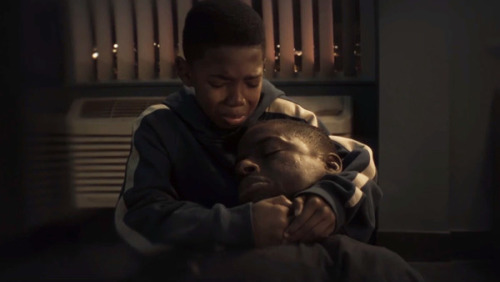
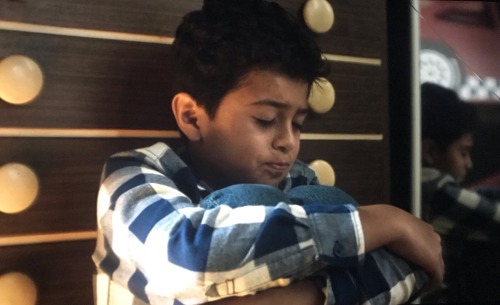
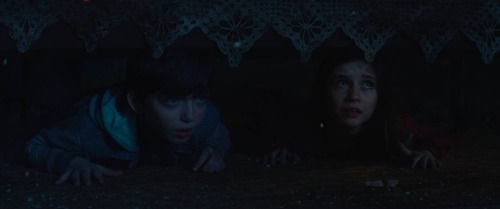
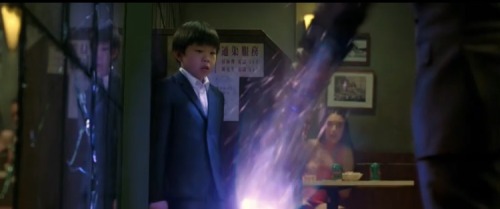
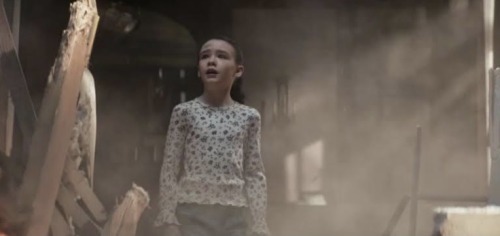
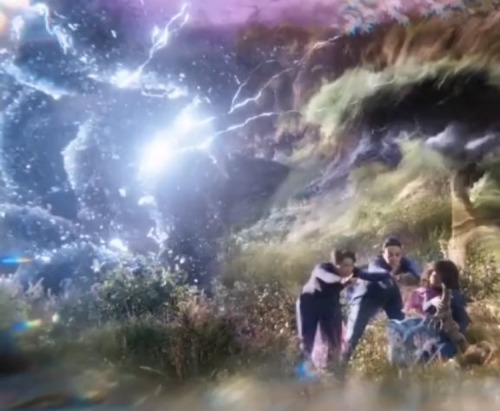
Names mean a lot in Asian culture. Chinese culture is no different.
As such, I feel that it is important to get the most important names in “Shang-Chi and the Legend of the Ten Rings” right.
Our main guy Shaun.
His name is 徐尚氣, romanized as Xu Shang-qi. (Where Xu pronounced a little like “she” but less open, and qi is pronounced as chi.)
徐 is a word that is used for Shang-qi’s surname. It means “slowly, quietly, calmly, composed, dignified”.
尚 is the middle word in Shaun’s three-character Chinese name. It means “still, yet; even; fairly, rather”. Please don’t call him Shang. Shang is not a full name. Call him Shang-qi, or Shang-Chi, if you must. If you can pronounce Dostoevsky or even Benedict Cumberbatch, there’s no way you can butcher Shang-qi.
氣 is the last word in Shaun’s three-character Chinese name. It has a number of definitions: “gas; smell; air; weather; to make/get angry; to annoy; vital energy; breath; spirit; moral force; tone; atmosphere; manner; type; steam; vapor; spirit; situation; electricity”.
Those of you who have seen the film can probably combine some of these definitions to form a better picture of who Shang-qi is as a person and who he chooses to become as a result of the circumstances that surrounded him.
Shaun’s dad.
His name is 徐文武, romanized as Xu Wenwu.
徐 is his surname. See Shang-qi’s name bio above.
文 is the middle word in Xu Wenwu’s three-character Chinese name. It is defined mostly as “literature, culture, writing”. Sometimes even “formal, refined, gentle”.
武 is the last word in Xu Wenwu’s three-character Chinese name. It is defined as “military; martial, warlike”. Even “autocratic, powerful, soldier, successor, dance”.
For those who have watched the film, you can see why this is relevant.
Shaun’s sister.
Her name is 徐夏靈, romanized as Xu Xialing. (Xia can be pronounced “shia”, like, y’know, Shia LeBeouf.)
徐 is her surname. Check Wenwu’s and Shaun’s name bios above.
夏 is the middle word in Xialing’s three-character Chinese name. It is defined as “summer”, and also, “great, grand, big”. It is an archaic term for China. It is also the name of the Xia Dynasty, circa 2000BC.
靈 is the last word in Xialing’s three-character Chinese name. It is defined as “quick; alert; efficacious; effective; to come true”, sometimes even “departed soul, spiritual world/power, spiritual”. It can also be defined as “agile, clever, intelligent”.
If you’ve seen the film, these are pretty good descriptors for Xialing. You’ll know what I mean.
Shaun’s mother.
Her name was 映麗, romanized as Ying Li. (She was the guardian of Ta Lo.)
(I don’t actually know if Ying is her surname, but usually in marriage, the woman ‘inherits’ her husband’s surname, and as such, if her surname is not Ying, she would be known as Xu Ying Li. In which case the definition of Xu as a surname would still apply to her. But let’s just assume that Ying is her surname, the one she inherited at birth, as that is most likely the case, and stick with that.)
映 is the first word in Ying Li’s two-character Chinese name. It is defined as “project; reflect light; to shine; to show; mirror”.
麗 is the second word in Ying Li’s two-character Chinese name. It is defined as “beautiful; magnificent; elegant”.
If you’ve watched the movie, these descriptors are certainly applicable to Ying Li.
Shaun’s maternal aunt.
Her name is 映南, romanized as Ying Nan. (She is Ying Li’s only surviving younger sister, and assumed Ta Lo’s guardianship duties in her sibling’s absence.)
映 is the first word in Ying Li’s two-character Chinese name. See Ying Li’s name bio above.
南 is the second word in Ying Li’s two-character Chinese name. It is defined as “south; southern part; southward”. Perhaps it could mean that her assumed role was passed south, downward, to her by her older sister Ying Li.
Shaun’s best friend.
Her name is 陳瑞雯, romanized as Chen Ruiwen. Her English name is Katy.
陳 is the first word in Katy’s three-character Chinese name. It is defined as “to lay out, to exhibit, to display, to narrate, to state, to explain, to tell”. Which is hilarious, because she kind of takes on a pseudo-narrator role in the movie (“A guy with a freaking machete for an arm just chopped our bus in half!”). The surname Chen is also a very, very common surname.
瑞 is the second word in Katy’s three-character Chinese name. It’s original definition is “token made of jade”, which is really, really interesting since that is the film’s MacGuffin, the very thing two of which Wenwu was after. It is also defined as “lucky; auspicious; propitious”.
雯 is the last word in Katy’s three-character Chinese name. It is defined as “multicolored/patterned clouds”.







